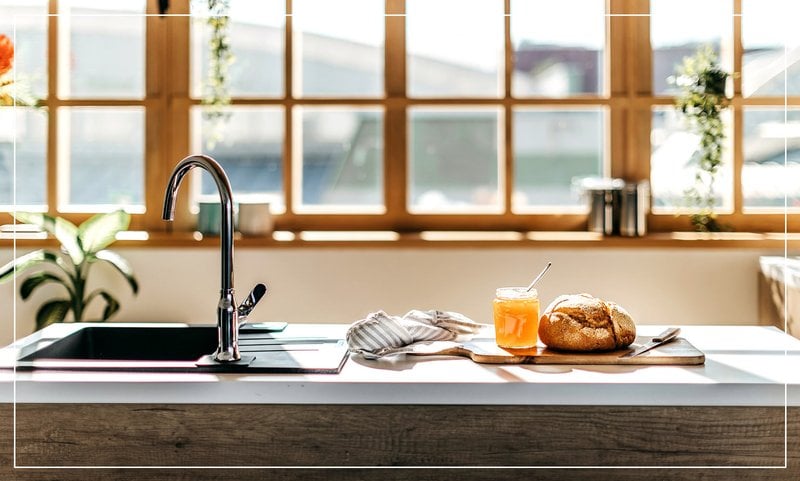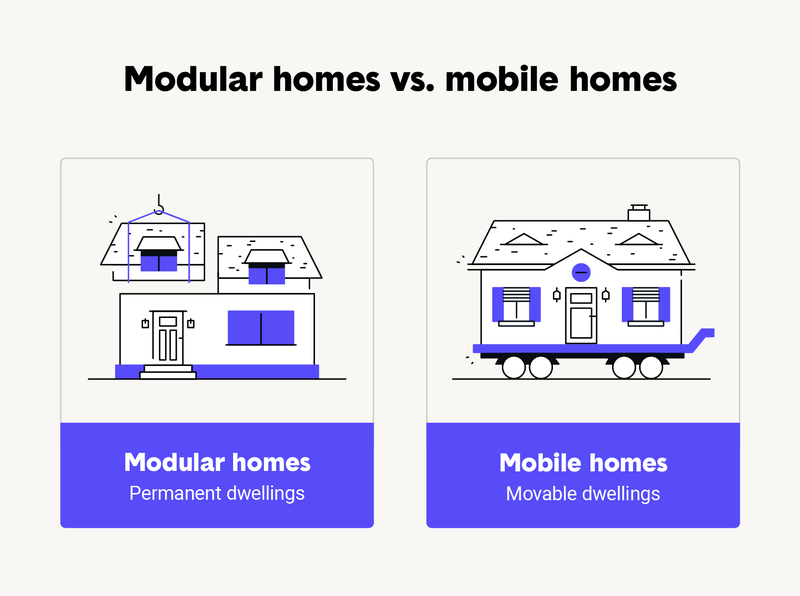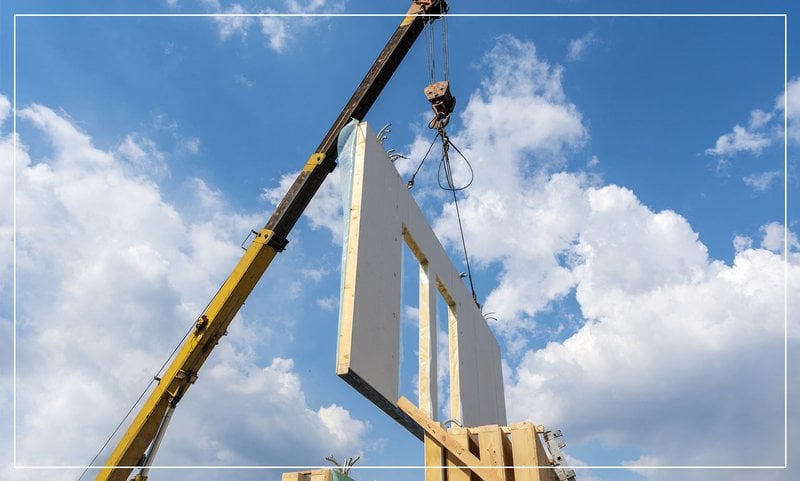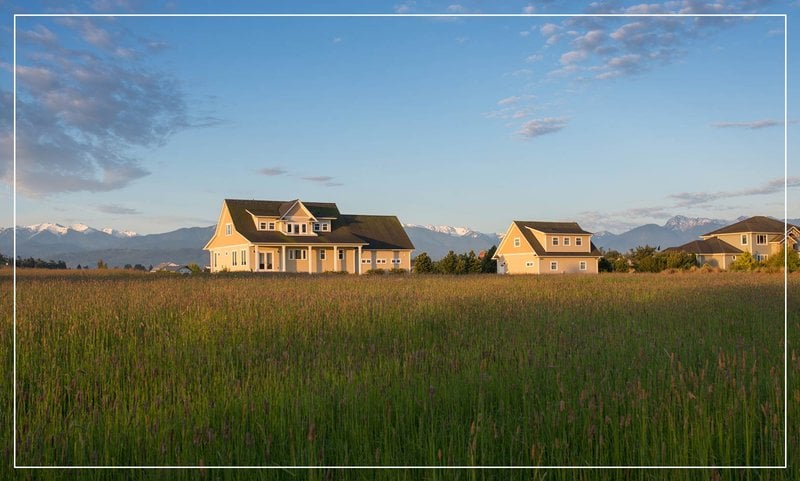Eco benefits of modular homes and construction
Modular homes reduce a lot of the environmental impact associated with traditional home construction. They surpass conventional homes in energy efficiency, waste management, emission production, material transportation and are adaptable to their environment.
Modular homes are generally considered green buildings, but not every modular home qualifies as one. Construction companies aren't required to use green designs. Do some research to make sure that the company you choose uses sustainable materials and practices if that is important to you.

1. More energy efficient
Modular home companies generally have their own engineering department that uses computer software to design the home for energy efficiency. Additionally, less energy is expended in the building and transportation processes because the majority of construction occurs in a factory.
2. Less waste
Another big eco-benefit is better waste management during modular construction. Modular homes have carefully engineered designs that use less materials than regular homes. The factory setting also allows for carefully controlled processes regarding material sourcing and waste. Some examples of these processes include less packaging during transport, reusable frameworks and waste materials diverted from landfill to other building uses.
3. Fewer emissions
Compared to conventional construction, modular construction produces significantly less greenhouse gas emissions . More efficient construction practices within a factory and less transportation to and from a build site all contribute to decreased emissions.
4. Sustainable features
If you have done your research and selected a building company with green construction and design practices, you can create the eco-friendly home of your dreams. You can choose sustainable building materials, like bamboo, for the interiors and eco features, like low-flow appliances, for your home.
Modular homes are an efficient and affordable alternative for those looking to build or buy their own home. As permanent, factory-made dwellings, these homes are set apart from mobile/manufactured homes and traditional site-built homes. They are eco-friendly, customizable, cost-effective, high-quality housing constructions and these benefits well outweigh the cons.
If you're worried about not going the conventional home route, don't be. You can still get the same living experience as a site-built home and even a few of the other experiences including financing it with a regular mortgage and covering it with your typical home insurance policy. Take charge of your homeownership journey and choose the type of home that is best for you!








